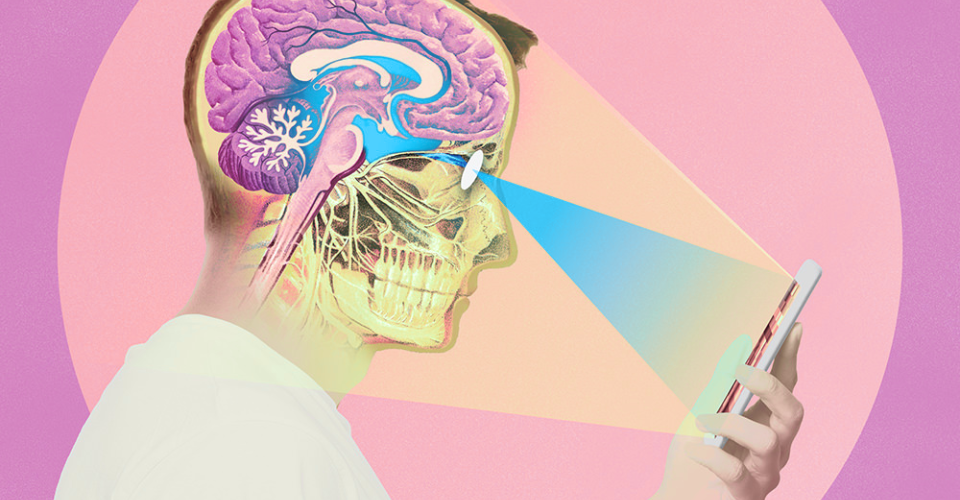Internet Use Patterns and Brain Responses Examined in a New Study
A recent research paper published in Human Brain Mapping reveals that pornography elicits more powerful reward responses in the brain compared to money and gaming stimuli among healthy men. The current study provides an important understanding of neural mechanisms associated with associative learning underlying internet use behaviors, particularly online gaming as well as pornography.
Understanding Appetitive Conditioning
Appetitive conditioning is a type of learning process whereby a neutral stimulus comes to be associated with rewarding unconditioned stimulus resulting in conditioned responses such as increased pleasure and arousal. The process has been widely studied with regard to traditional rewards like food and money although there are few reports on the way it works with internet related stimuli.
Methodology: Exploring Reward Responses
31 right-handed healthy male participants aged between 19-38 years took part in this study. Participants were asked to choose their preferred images from three categories: pornographic photographs, gaming screenshots, and pictures of money, so that each subject was genuinely pleased by the stimulations.
In order to carry out this experimental procedure, classical conditioning paradigm was used inside an MRI scanner; geometric figures (CS) were paired with the chosen rewarding images (UCS). Subjective ratings, skin conductance responses (SCR) and functional MRI (fMRI) scans were used by researchers for the measurement of these responses.
Key Findings: Stronger Responses to Pornographic Stimuli
The participants reacted differently towards different types of stimuli. All three types of CS+ (porn, money & games) were rated as more pleasant and arousing than the control CS- after conditioning. Notably however, gaming stimuli had lower levels of self-reported arousal than pornographic ones thereby indicating less affectiveness coming from video games as compared to pornography.
Physiological and Neural Responses
The SCR data showed higher physiological arousal levels during the presentation of CS+ for porn, money and games compared to the control indicating successful conditioning. The fMRI results revealed additional information which included an increase in activity level in key reward brain areas such as bilateral nucleus accumbens, right medial orbitofrontal cortex, and right ventral anterior cingulate cortex during anticipation of pornographic rewards by the participants.
Implications and Conclusions
These findings suggest that pornography creates a higher reward value and stronger conditioned responses than money or gaming materials. That is shown by significant neural activation during the anticipation of pornographic stimuli as well as an increase in self-report ratings and physiological responses.
In contrast, there were weaker neural responses to money and gaming stimuli despite successful conditioning according to both subjective measures and physiological ones which imply less potency on these rewards for activating the reward systems of non-pathological users’ brains.
The title given to this study is “Appetitive conditioning with pornographic stimuli elicits stronger activation in reward regions than monetary and gaming-related stimuli”. Contributors include Kseniya Krikova, Sanja Klein, Miriam Kampa, Bertram Walter, Rudolf Stark, Tim Klucken.
Future Research Directions
The findings from this study indicate that rewards may be processed differently depending on what type of reward they are. Further investigation is required to understand these mechanisms better so as to come up with interventions that will help reduce internet addiction.
This ground-breaking research provides an in-depth knowledge into how various online media affect the brain’s reward system; hence it brings new insights about potential implications associated with digital technology.


